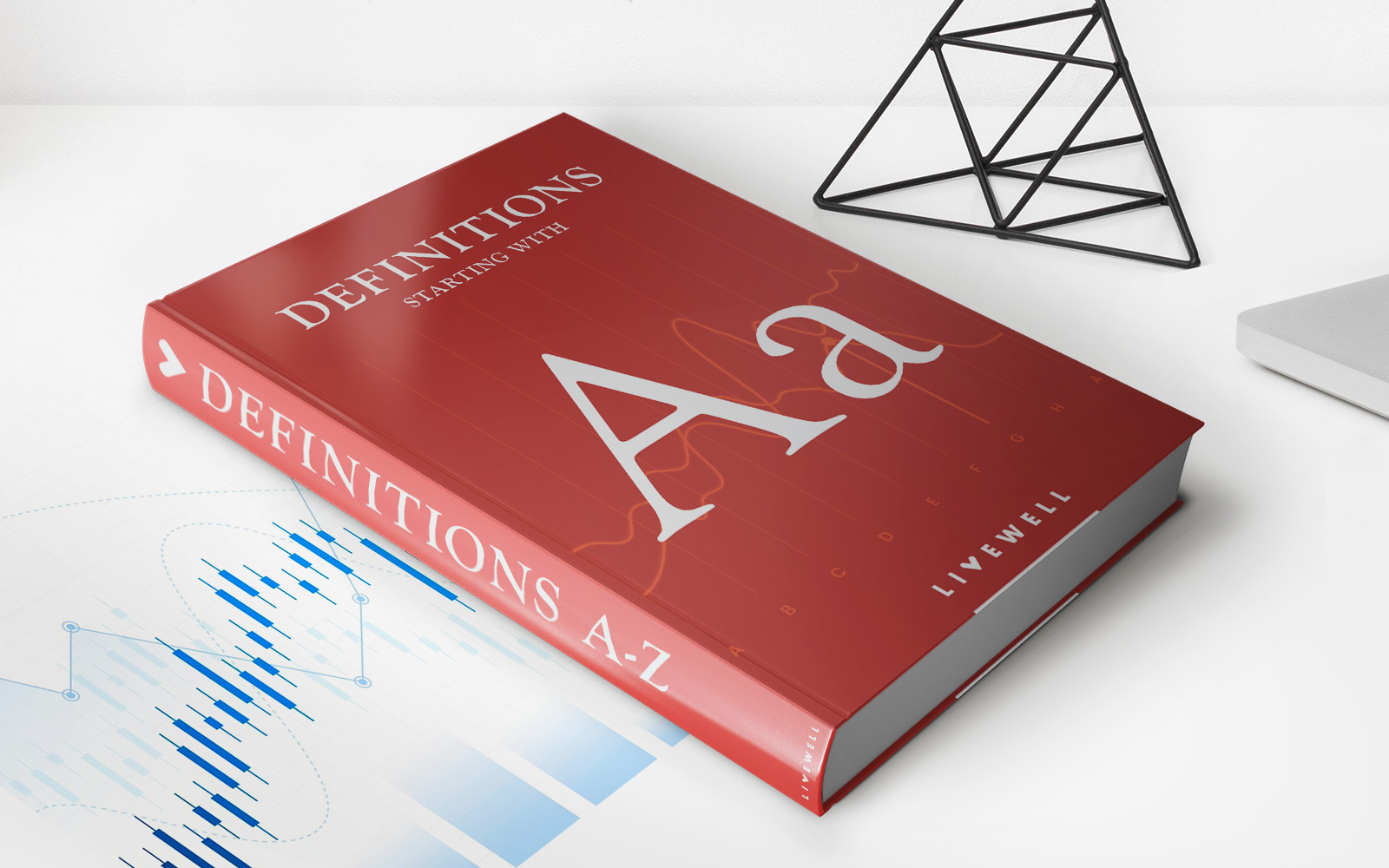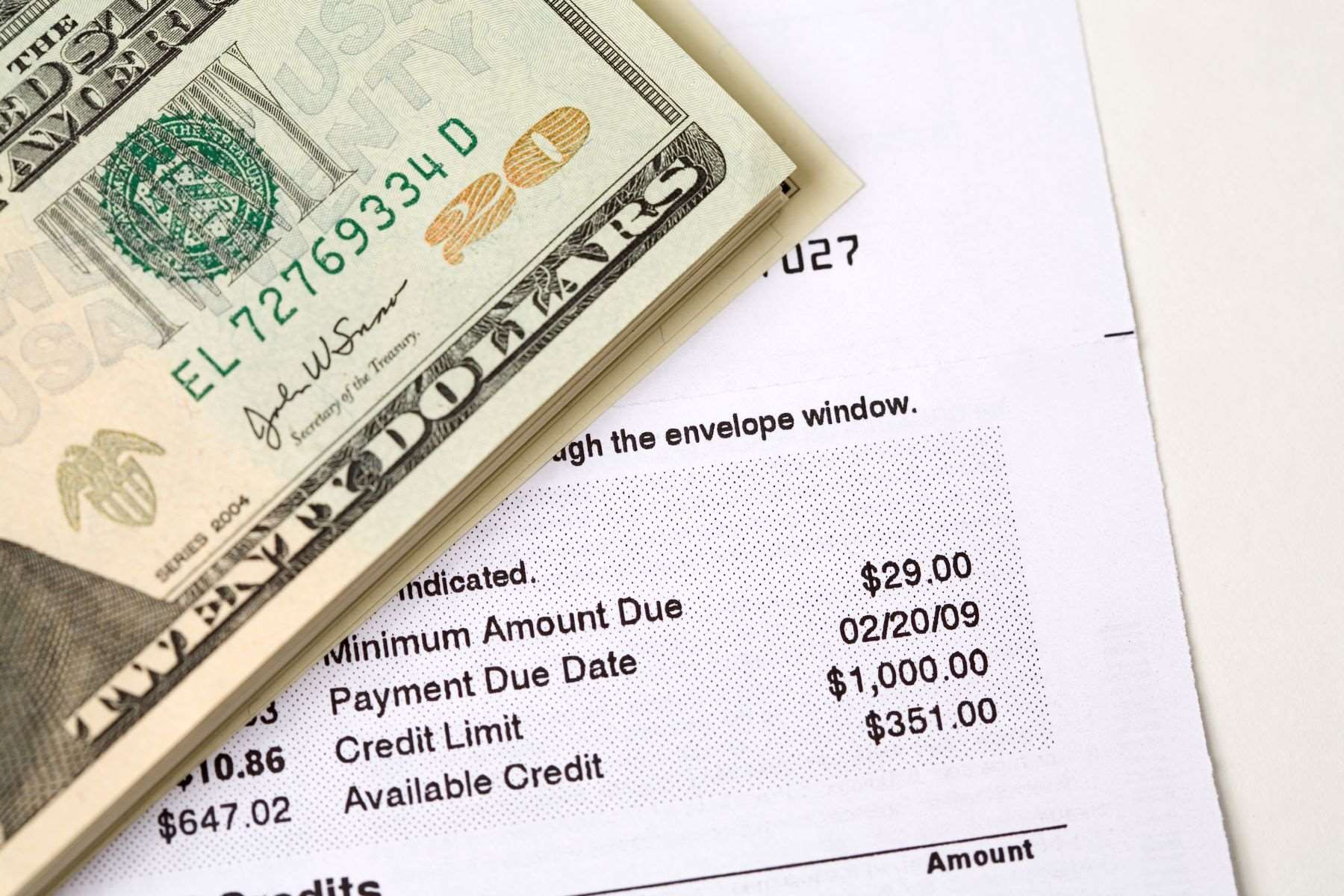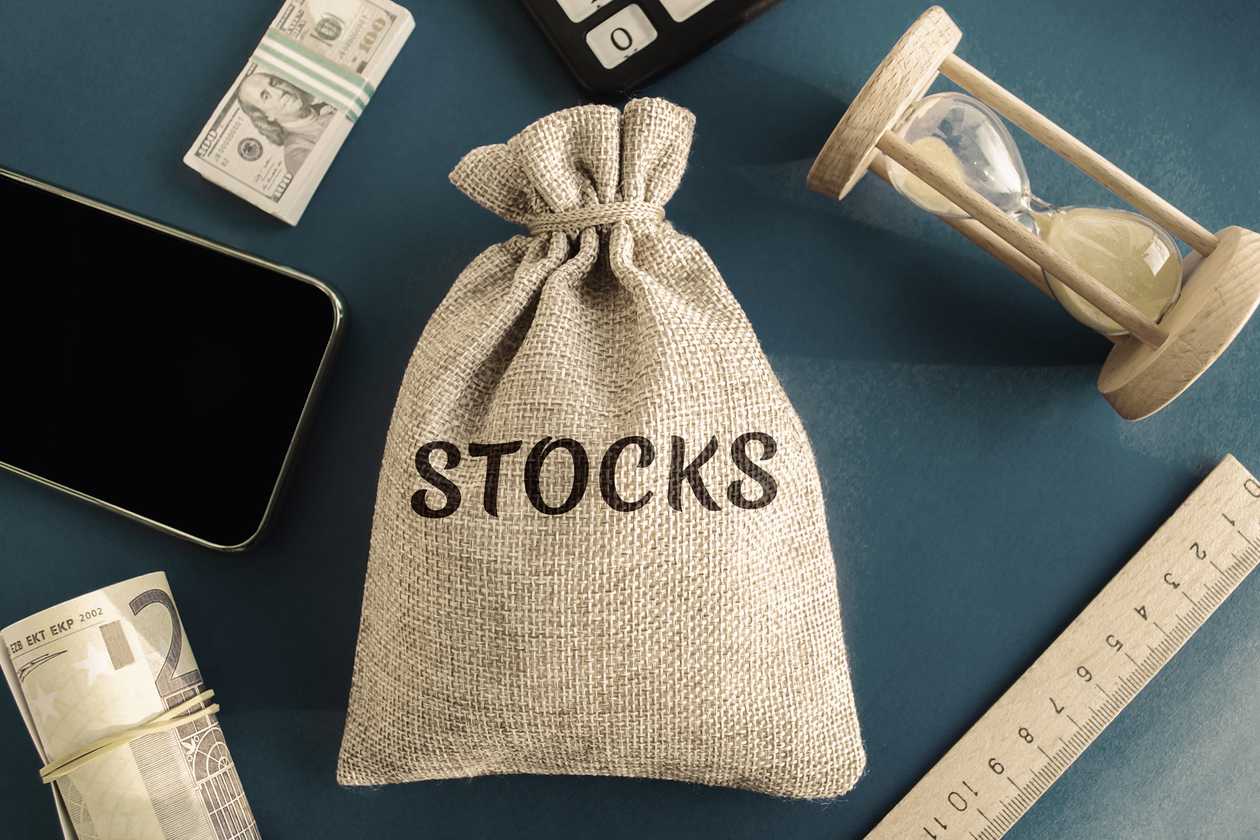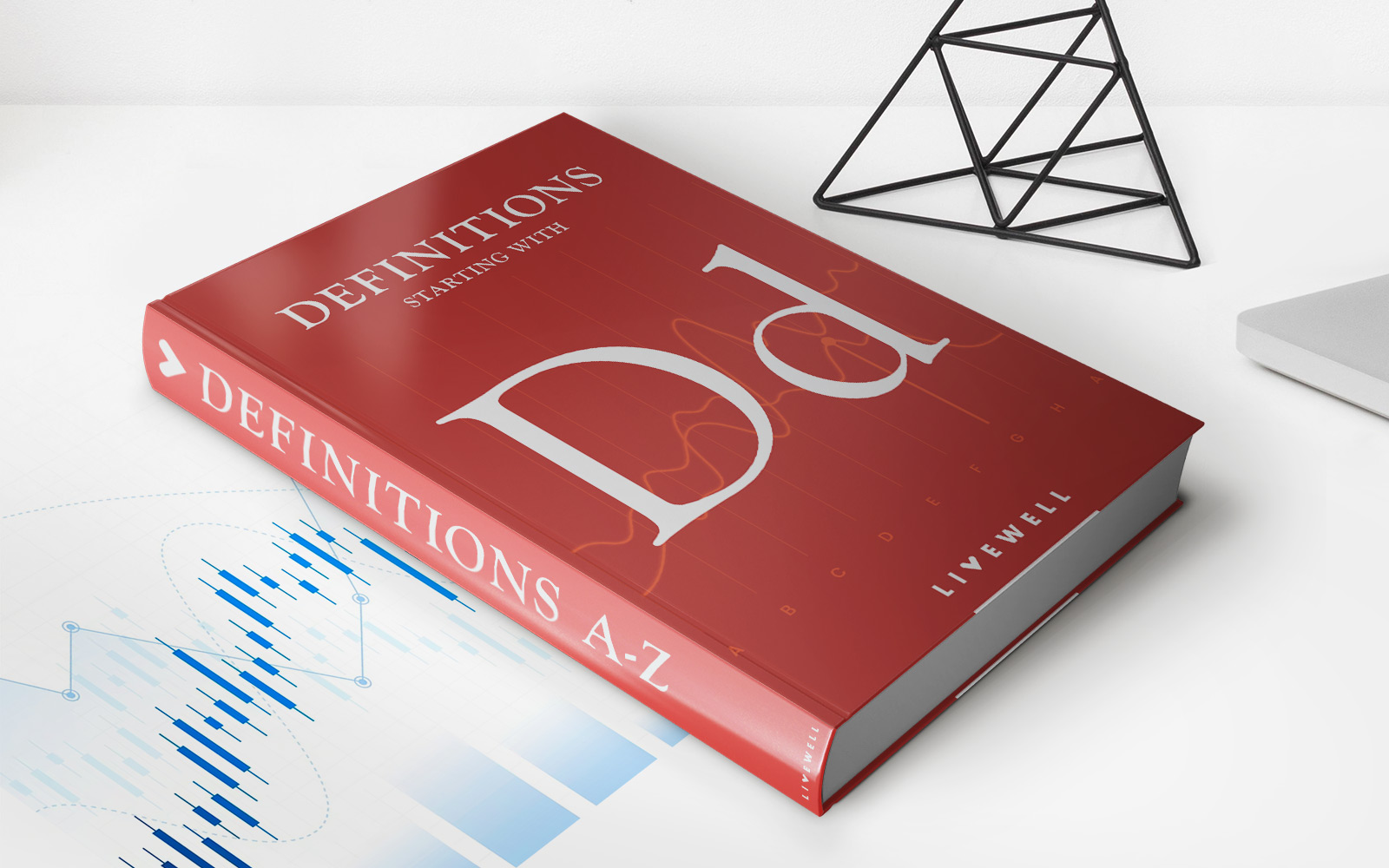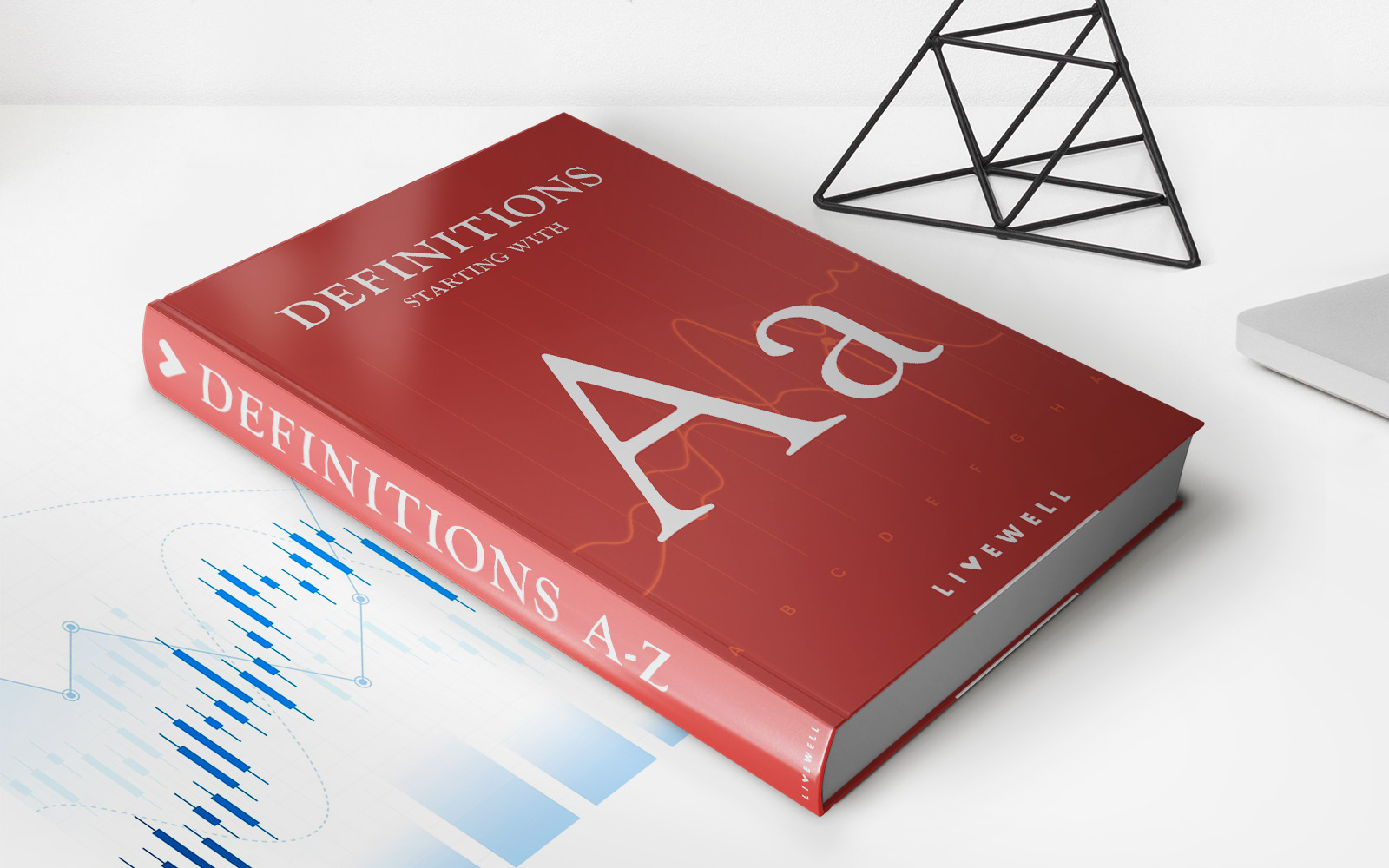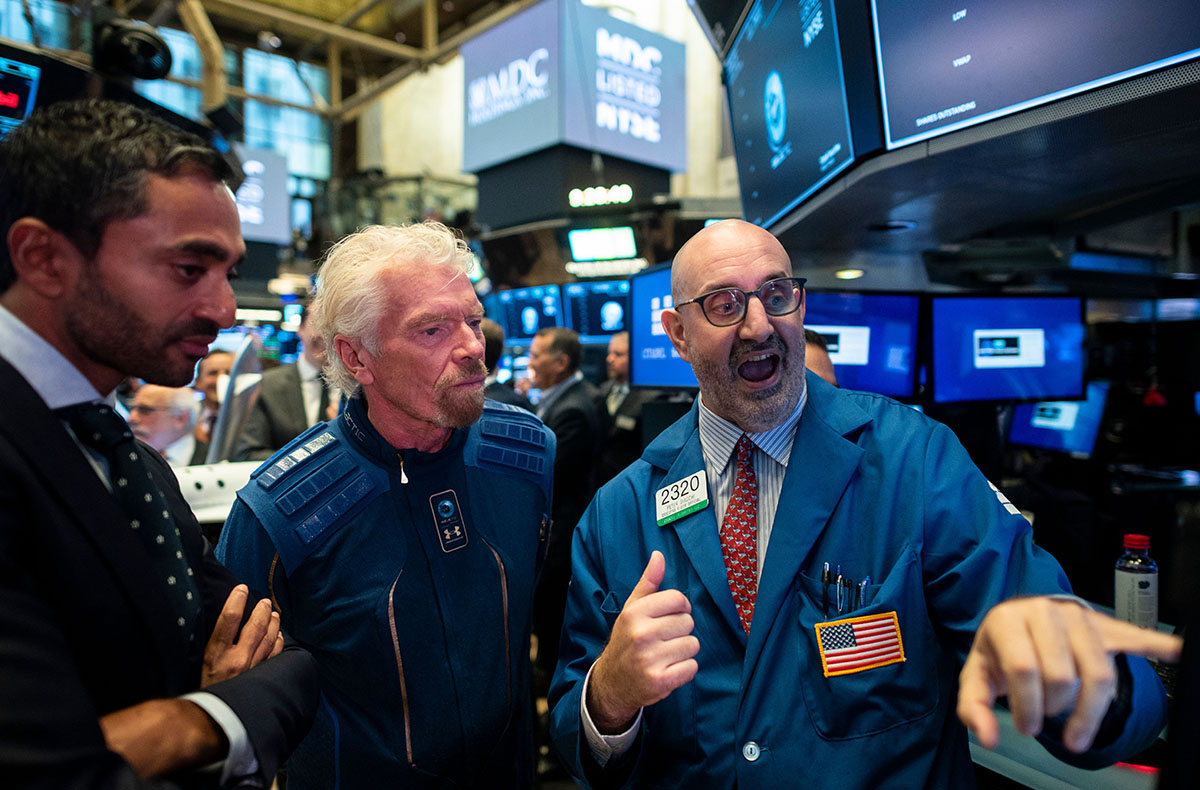Home>Finance>Corporate Bond: Definition And How They’re Bought And Sold


Finance
Corporate Bond: Definition And How They’re Bought And Sold
Published: November 3, 2023
Learn about corporate bonds and how they're bought and sold in the world of finance. Understand the definition and key aspects of these investment vehicles.
(Many of the links in this article redirect to a specific reviewed product. Your purchase of these products through affiliate links helps to generate commission for LiveWell, at no extra cost. Learn more)
Corporate Bond: Definition and How They’re Bought and Sold
Welcome to our Finance category, where we delve into the world of investments, budgets, and financial planning. In today’s post, we will take a closer look at corporate bonds, their definition, and how they are bought and sold. If you’ve ever wondered what corporate bonds are, or how they can play a role in your investment strategy, you’re in the right place! Let’s dive in.
Key Takeaways:
- Corporate bonds are debt securities issued by corporations to raise capital.
- Investors can buy and sell corporate bonds on the primary and secondary markets.
Before we jump into the intricacies of buying and selling corporate bonds, let’s first establish a clear understanding of what they are. In simple terms, corporate bonds are debt securities issued by corporations to raise capital. When you buy a corporate bond, you are essentially lending money to the issuing corporation in exchange for regular interest payments until the bond’s maturity date, when the principal amount is repaid.
Now, let’s explore the two main ways through which corporate bonds can be bought and sold:
1. Primary Market:
The primary market is where newly issued corporate bonds are initially sold to investors. This typically involves an investment bank or underwriter purchasing the bonds from the corporation and then offering them to investors. In the primary market, investors can submit orders to buy these bonds, often at a fixed price or through an auction process. It’s important to note that once the bonds are sold in the primary market, they can subsequently be traded in the secondary market.
2. Secondary Market:
The secondary market is where previously issued corporate bonds are bought and sold among investors. This market allows investors to trade bonds after they have been issued, providing liquidity and the ability to adjust their investment portfolios. The secondary market functions similarly to a stock exchange, where buyers and sellers trade bonds with the help of intermediaries such as brokers or dealers. Prices in the secondary market are influenced by various factors, including interest rates, credit ratings, and market demand for the particular bonds.
So, whether you are a seasoned investor or just starting to explore the world of finance, corporate bonds can offer a valuable addition to your investment strategy. They provide a way to earn regular interest income while diversifying your portfolio. However, like any investment, it is wise to conduct thorough research and seek professional advice when considering corporate bond investments.
To summarize, here are the key takeaways:
- Corporate bonds are debt securities issued by corporations to raise capital.
- Investors can buy and sell corporate bonds on the primary and secondary markets.
We hope this blog post has shed some light on the definition of corporate bonds and how they are bought and sold. Feel free to explore our other finance-related articles for more useful information in your financial journey. Happy investing!
